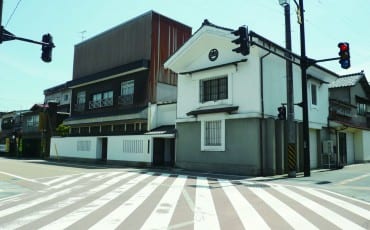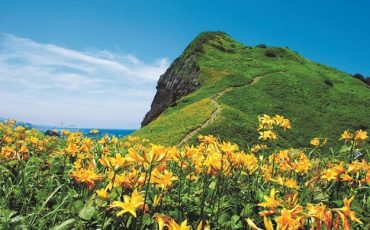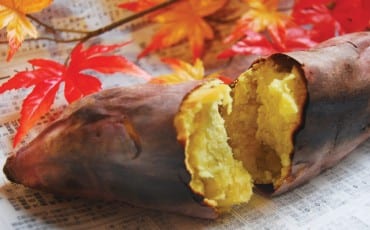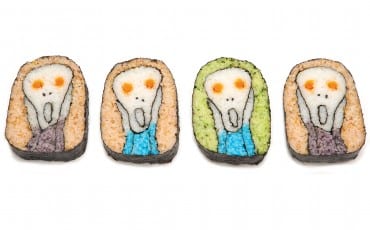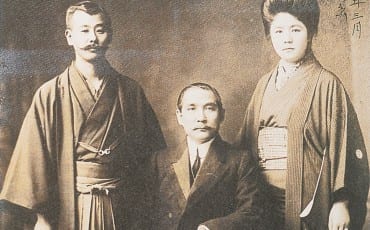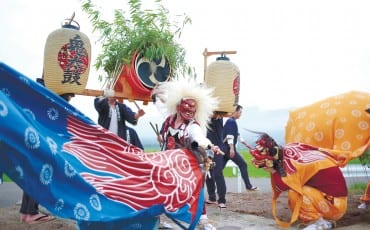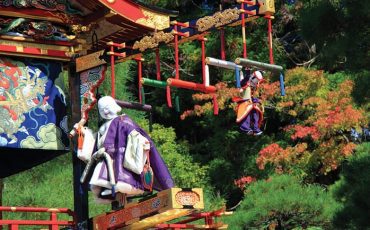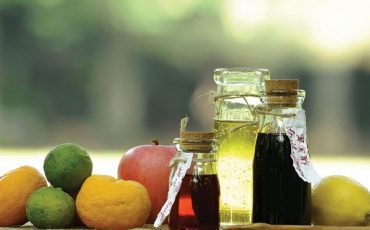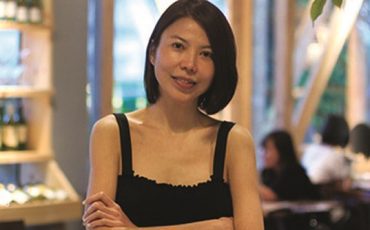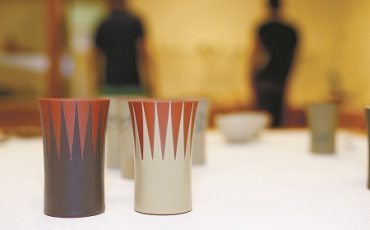- OISHII
- Articles
Articles
-
With over 170 years of history in perfecting the art of sake-making, Kirinzan Shuzo is one of the largest breweries in the Niigata prefecture. President Shuntaro Saito, the seventh-generation owner of...
-
“French and Japanese cuisine have a lot in common, especially when it comes to seasonal ingredients. For instance, mushroom season happens at the same time in Japan and France. Both cultures are also ...
-
“As a nature lover, the sights that greeted me at every turn in Sado left me at once awestruck and humbled. Suffice it so say, the highlight of my trip was the day of nature sight-seeing in Osado, the...
-
With its conspicuous reddish-purple skin, it is impossible to miss satsumaimo (Japanese sweet potato) when you see it. But what truly sets it apart from the American sweet potato is what lies beneath ...
-
Food artist Takayo Kiyota, better known as Tama-chan, has taken the unassuming Makizushi to breathtaking new heights with her avant-garde designs. Following the launch of her first book “Smiling Sushi...
-
As the first place in Japan to receive foreign influences, Nagasaki does indeed live up to its name as a melting pot of different cultures. For one, it is home to a museum exhibiting items demonstrati...
-
Located 45 kilometres off the coast of Niigata prefecture, in the Chubu region of Japan, Sado Island is the sixth largest island in the country. It consists of two parallel mountain ranges – the Osado...
-
Autumn is commonly known in Japan as 食欲の秋 (shokuyoku no aki), which means the “season of eating”. That alone is reason enough to pay Japan a visit during the fall months! Autumn is the season of harve...
-
Japanese vinegar is one of the five key ingredients used in Japanese cooking, and can be made from fermented rice or mixed grains. Mixed grain vinegar is usually made from corn, wheat, and other assor...
-
When it comes to baking, the Japanese do give the Westerners a run for their money. Think delicate cakes, crusty breads and pillowy soft buns made with equal doses of love and precision. “Wayo-...
-
Lena Sim, founder and CEO of Ministry of Food is a true survivor. Abandoned by her parents as a baby, she grew up poor but that didn’t deter her. After leaving her first job, Lena traveled to Japan wh...
-
Sekisui Ceramic Produced using mumyoi (the name of the red soil derived from gold mine shafts), the pottery, known as mumyoi-yaki, is a craft that is not only unique to Sado but also produced by the ...

